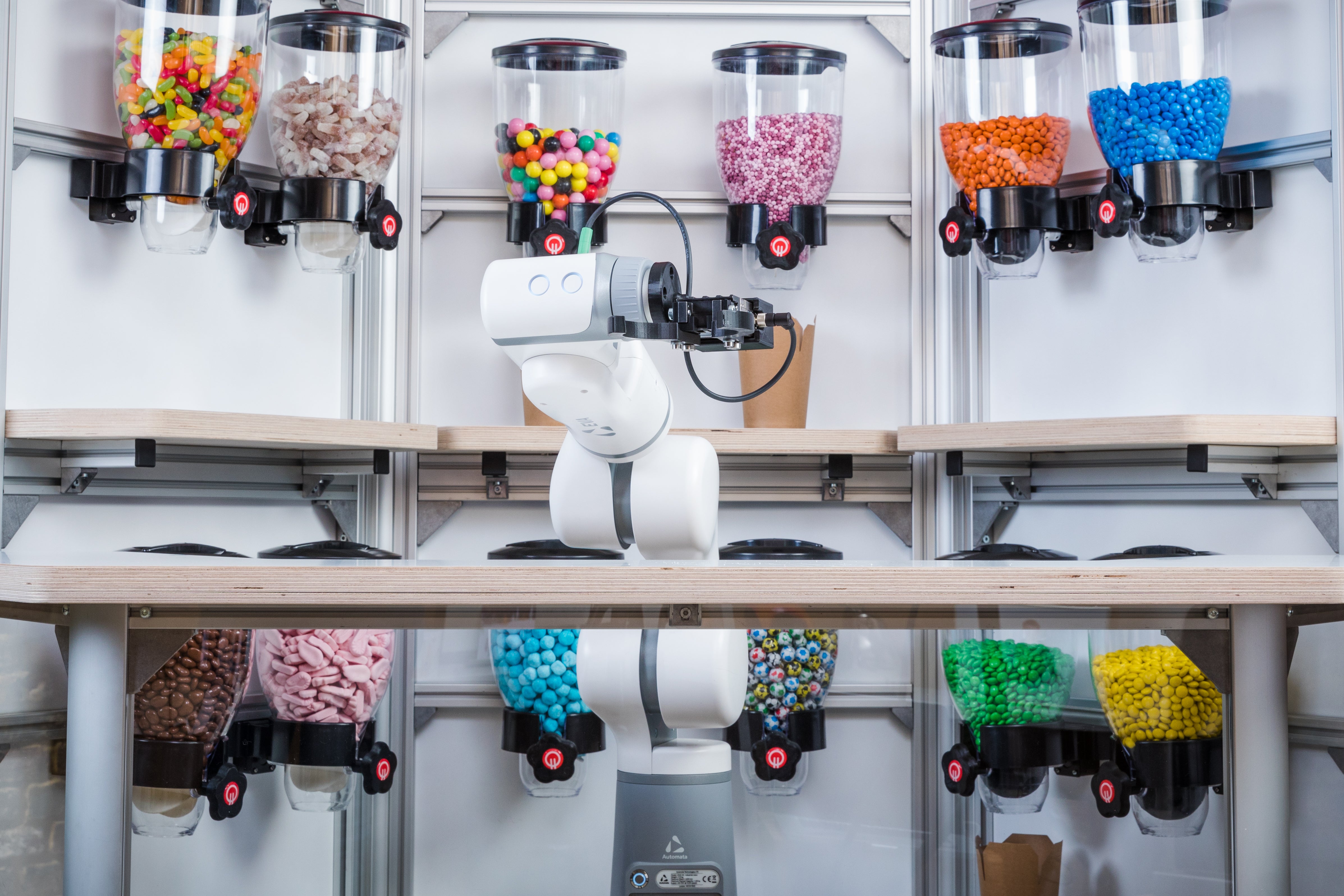A third of firms ‘see investment in automation as top priority’ amid hiring woes
The findings add to fears over the rise of automation and its impact on workforces across a raft of sectors.

Your support helps us to tell the story
From reproductive rights to climate change to Big Tech, The Independent is on the ground when the story is developing. Whether it's investigating the financials of Elon Musk's pro-Trump PAC or producing our latest documentary, 'The A Word', which shines a light on the American women fighting for reproductive rights, we know how important it is to parse out the facts from the messaging.
At such a critical moment in US history, we need reporters on the ground. Your donation allows us to keep sending journalists to speak to both sides of the story.
The Independent is trusted by Americans across the entire political spectrum. And unlike many other quality news outlets, we choose not to lock Americans out of our reporting and analysis with paywalls. We believe quality journalism should be available to everyone, paid for by those who can afford it.
Your support makes all the difference.One in three businesses are planning to invest in automation as a priority in the face of staffing shortages, according to new research.
A survey of 670 UK firms by banking giant HSBC found that 33% of businesses are planning to focus capital expenditure on automation, with those most concerned over recruitment likely to have it high up on their agenda.
The report showed that 40% of companies are feeling negatively about their staffing levels and availability.
The findings will add to fears over the rise of automation and its impact on demand for workers.
Nearly a third of jobs in the UK could become redundant due to automation and changing workforces by 2030, according to a study last week from Arden University.
Its research found that over half (56%) of jobs are set to become extinct in the transport and storage industry, followed by 45% of roles in manufacturing, 44% across wholesale, retail, and repair of motor vehicles, 37% in administration and support services, and 32% in public administration and defence, social security/financial and insurance services.
Carl Lygo, chief executive and vice chancellor at Arden University said: “The transportation and storage, manufacturing and wholesale and retail sectors account for 28% of the UK workforce – meaning 4.2 million jobs are now at risk of becoming outdated and eradicated in the hands of automation. ”
Corporates that have shown great agility in recent years have not just survived the multitude of growth challenges in recent years but have also thrived
But HSBC said the push towards automation to offset skills shortages will see firms adapt to survive.
James Cundy, HSBC UK’s managing director and head of mid-market corporate banking and structured finance, said: “Corporates that have shown great agility in recent years have not just survived the multitude of growth challenges in recent years but have also thrived.
“The research shows that infamous entrepreneurial spirit of UK businesses continues to lead them to invest, innovate and re-define their growth ambitions.”
Its survey also suggested that many UK businesses will increase spending and investment despite current cost pressures, with 45% of those polled reporting that they expect to increase capital expenditure by 9% in 2022.